Yongli Yan
Decoding for Punctured Convolutional and Turbo Codes: A Deep Learning Solution for Protocols Compliance
Feb 21, 2025Abstract:Neural network-based decoding methods have shown promise in enhancing error correction performance, but traditional approaches struggle with the challenges posed by punctured codes. In particular, these methods fail to address the complexities of variable code rates and the need for protocol compatibility. This paper presents a unified Long Short-Term Memory (LSTM)-based decoding architecture specifically designed to overcome these challenges. The proposed method unifies punctured convolutional and Turbo codes. A puncture embedding mechanism integrates puncturing patterns directly into the network, enabling seamless adaptation to varying code rates, while balanced bit error rate training ensures robustness across different code lengths, rates, and channels, maintaining protocol flexibility. Extensive simulations in Additive White Gaussian Noise and Rayleigh fading channels demonstrate that the proposed approach outperforms conventional decoding techniques, providing significant improvements in decoding accuracy and robustness. These results underscore the potential of LSTM-based decoding as a promising solution for next-generation artificial intelligence powered communication systems.
Error Correction Code Transformer: From Non-Unified to Unified
Oct 04, 2024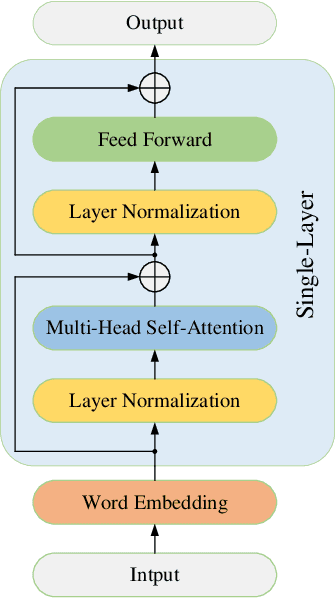

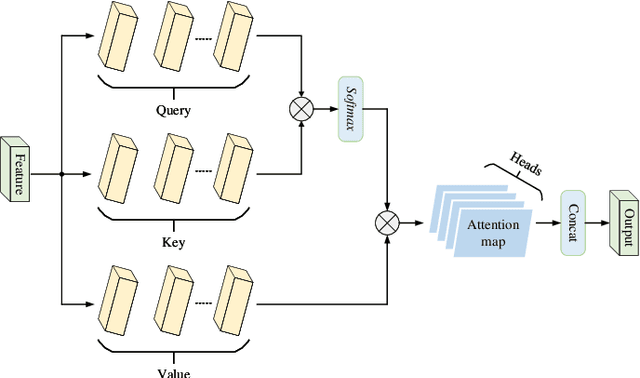

Abstract:Channel coding is vital for reliable data transmission in modern wireless systems, and its significance will increase with the emergence of sixth-generation (6G) networks, which will need to support various error correction codes. However, traditional decoders were typically designed as fixed hardware circuits tailored to specific decoding algorithms, leading to inefficiencies and limited flexibility. To address these challenges, this paper proposes a unified, code-agnostic Transformer-based decoding architecture capable of handling multiple linear block codes, including Polar, Low-Density Parity-Check (LDPC), and Bose-Chaudhuri-Hocquenghem (BCH), within a single framework. To achieve this, standardized units are employed to harmonize parameters across different code types, while the redesigned unified attention module compresses the structural information of various codewords. Additionally, a sparse mask, derived from the sparsity of the parity-check matrix, is introduced to enhance the model's ability to capture inherent constraints between information and parity-check bits, resulting in improved decoding accuracy and robustness. Extensive experimental results demonstrate that the proposed unified Transformer-based decoder not only outperforms existing methods but also provides a flexible, efficient, and high-performance solution for next-generation wireless communication systems.
Coded Beam Training
Jan 03, 2024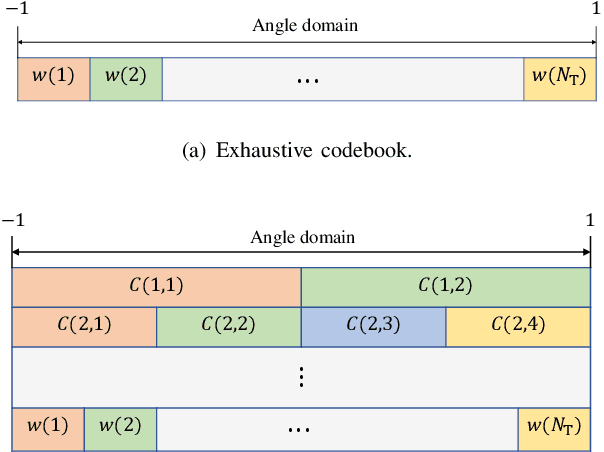
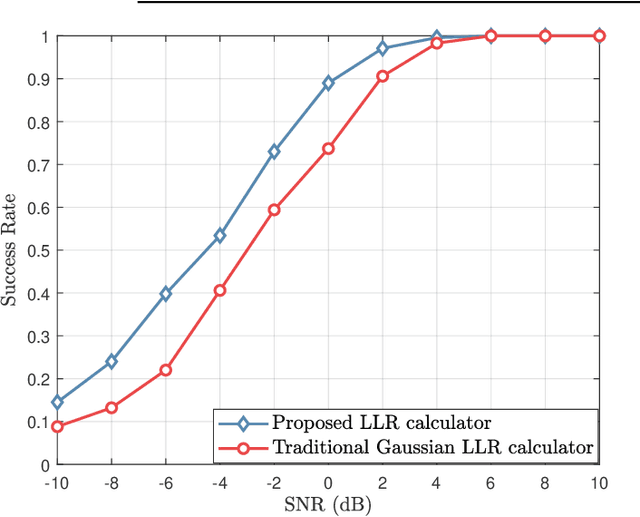
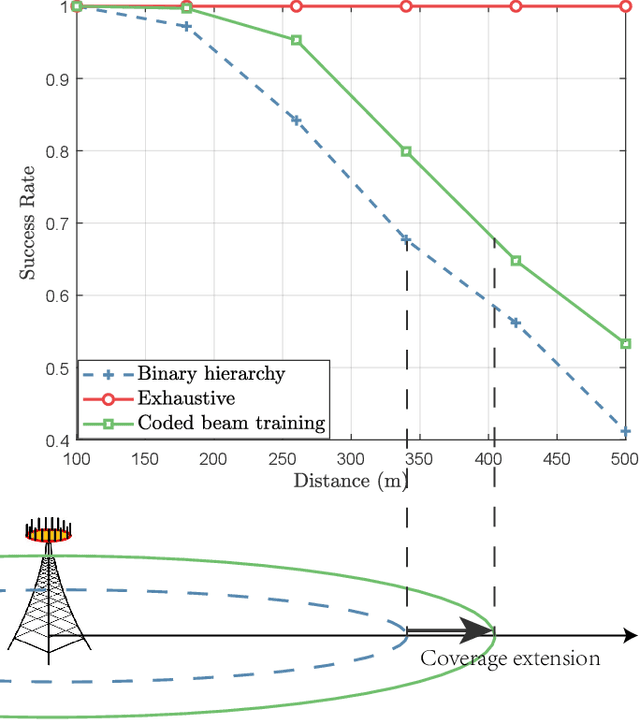

Abstract:In extremely large-scale multiple input multiple output (XL-MIMO) systems for future sixth-generation (6G) communications, codebook-based beam training stands out as a promising technology to acquire channel state information (CSI). Despite their effectiveness, when the pilot overhead is limited, existing beam training methods suffer from significant achievable rate degradation for remote users with low signal-to-noise ratio (SNR). To tackle this challenge, leverging the error-correcting capability of channel codes, we introduce channel coding theory into hierarchical beam training to extend the coverage area. Specifically, we establish the duality between hierarchical beam training and channel coding, and the proposed coded beam training scheme serves as a general framework. Then, we present two specific implementations exemplified by coded beam training methods based on Hamming codes and convolutional codes, during which the beam encoding and decoding processes are refined respectively to better accommodate to the beam training problem. Simulation results have demonstrated that, the proposed coded beam training method can enable reliable beam training performance for remote users with low SNR, while keeping training overhead low.
 Add to Chrome
Add to Chrome Add to Firefox
Add to Firefox Add to Edge
Add to Edge